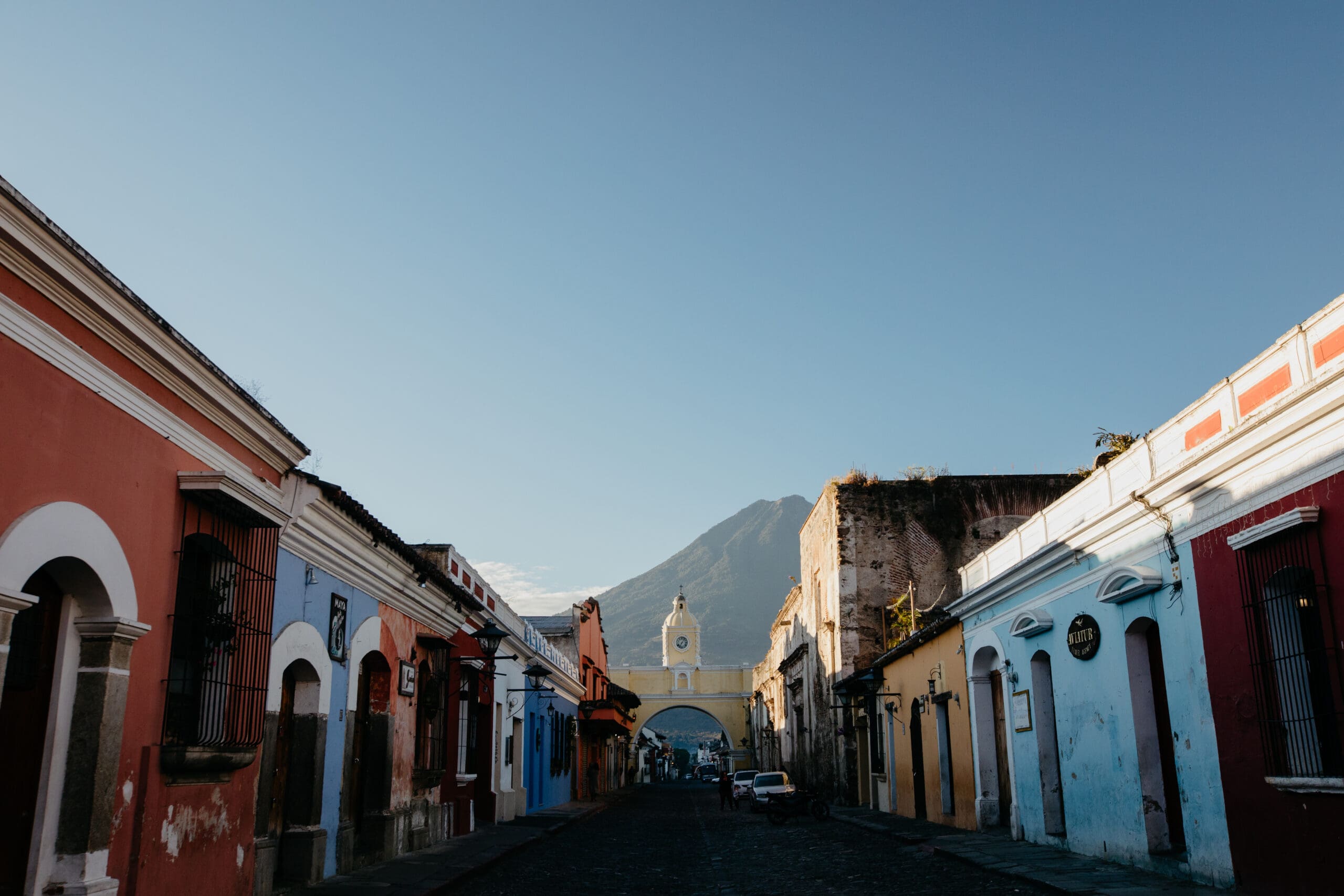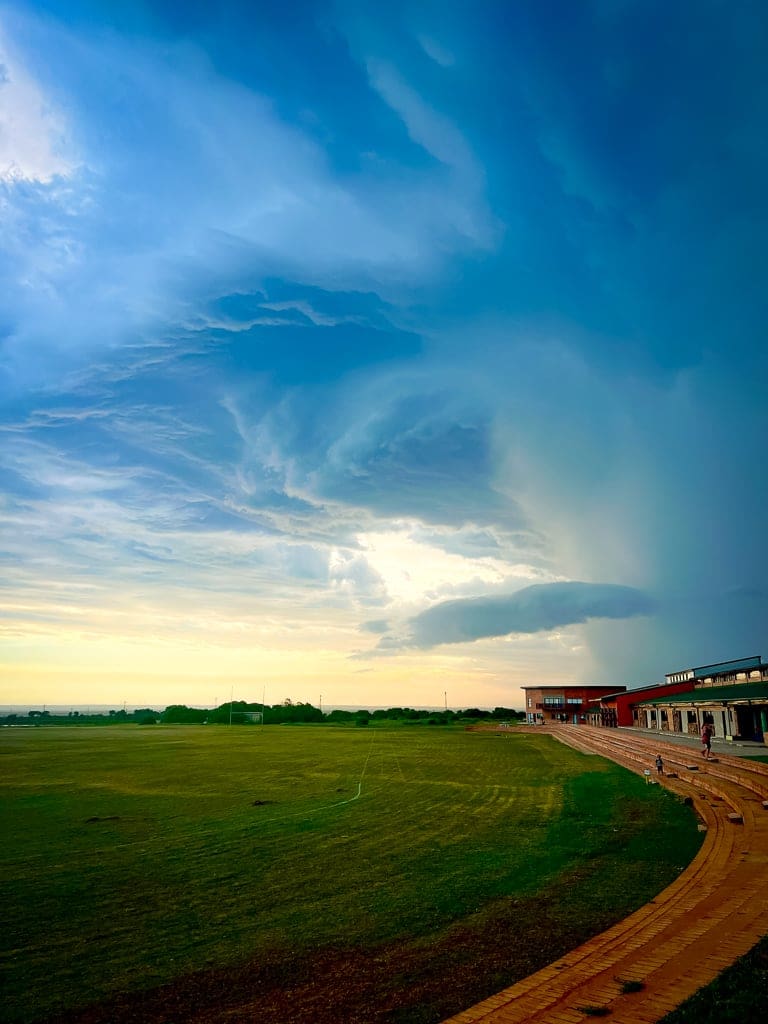Update: we are now in Ukraine. As of drafting this post, we have been here for a little more than a week. Thank you for your prayers as I navigate this time and also work with the new team that I am a part of.
To continue from where we left off- one crucial theme to being an effective and selfless missionary is the willingness to suffer. Suffering means to be able to undergo something super challenging -often a negative hardship that is at no fault of my own. Yet it is crucial to dive deeper here. My past three months in the field have challenged me to examine this further- and for me to model suffering for Christ as a missionary overseas. Embodying the "willingness to suffer" plays a crucial theme in the Bible and throughout church history. Those in the faith not only decided to suffer- they were obedient to the Lord in the suffering; we are even called to consider trials and persecution as joy! (James 1: 2-3, Hebrews 11). Christ suffered on the Cross; and Paul wrote about his hardships and challenges throughout the New Testament. Countless martyrs died for the sake of the Gospel- while some Christians suffered imprisonment and loss of livelihood as a result.
Yet this attitude of suffering clashes with the modern culture of today. Naturally, it is the human condition and desire to not want to suffer. Oftentimes, the world promises and says "do this, this, or this" to live a more comfortable life and to reduce the amount of "suffering" or "adversity" that takes place. Here we find ourselves in the midst of this. And as I write this, I believe that a significant portion of the American church has taken the posture of the avoidance of suffering. This is not an easy statement to write. Yet it is a conclusion that I felt I have come to after being on the field and examining the Christian faith. A famous psychological tool is the pyramid of Maslow's hierarchy of needs. It starts with the bottom layer (food, water, shelter), and progresses to safety needs, followed by a sense of belonging, followed by esteem / prestige, followed by self- actualization (walking in your full potential and being fulfilled). As I examine this- I wonder if the church has bought into shaping faith around it?
Food/ shelter, etc.- These are basic needs. Yet as we carry out blessing people with these things- we must remember that in the center is not in the things themselves- but that of the Gospel. What if we are called to go places or make sacrifices that cause even these basic needs to not be looked upon as a guarantee?
Safety- . The bottom line is that mission work isn't safe. Proclaiming the Gospel isn't safe. It is risky- and disruptive to a society that is deprived of the life changing Good News. One of the frequent responses I get from friends and family back home concerning this trip is: "be safe". While it has good intentions- have we built our church and lives around the safer routes and in minimizing risk? (Hint- I expect to post a blog about this sometime in the coming months).
Belonging- We desire to belong in community- to run with a "tribe" of people. God acknowledges this by creating the Church. Yet how do we approach rejection? Do we consider it a joy to be rejected by a community or something that we oftentimes want to avoid?
Esteem/Prestige- Many missionaries and laypeople proclaim the Gospel and lead people to Christ with little to no recognition. Is the church prepared to embrace carrying out the Great Commission- even if there is no recognition of it this side of eternity? This flies in the face of the "celebrity pastor" culture of today.
Self Actualization- Have we shifted the paradigm towards "Incorporating God into our plans" instead of "incorporating our plans into God's work"? Some of the work God calls us to do involves sacrificing any chance of becoming who you originally wanted to become.
A couple years back, I read the book "Radical" by David Platt. One of his stories from that book is the story of Christians in a seminary in Southeast Asia. They were tasked with each of them planting a church (in this predominantly Muslim country) as part of their training in the ministry. One of the students did not live to see this come to fruition. He was martyred by Muslim extremists. His classmates mourned for him, counted the cost, and continued to press on knowing the danger. He further tells of a story of a couple who went to remote tribe and were cannibalized (as I recall) by them. The next missionaries who followed suit had an open door to share the Gospel as a result of the first couple who bravely paved the way at the cost of their own lives.
The end game of the walk with God is to be like Christ. It is a love for His people made in His image that is so powerful that one is willing to do anything possible to bring them to Christ. Ultimately, in the Christian walk, it is the "pouring out of oneself". It is being willing to suffer- to the point of martyrdom and seeing my earthly life be ripped to shreds- for something so much more than this Earth- the Kingdom! And so, the pyramid of Maslow is instantly shattered. Scripture states these things so that we see how God is calling us apart from this world:
Self-Actualization: Matthew 16: 24-25: "Then Jesus said to His disciples, "Whoever wants to be my disciple must deny themselves and take up their cross and follow me. For whoever wants to save their life will lose it, but whoever loses their life for me will find it."
Esteem/ Prestige: Philippians 2: 3-4: "Do nothing out of selfish ambition or vain conceit. Rather, in humility value others above yourselves, not looking to your own interests but each of you to the interests of the others."
Belonging/ Acceptance: Isaiah 53: 2b-4a: "He had no beauty or majesty to attract us to him, nothing in his appearance that we should desire him. He was despised and rejected by mankind, a man of suffering, and familiar with pain. Like one from whom people hide their faces he was despised, and we held him in low esteem. Surely he took up our pain and bore our suffering,"
Safety: 2 Corinthians 11:26: "I have been constantly on the move. I have been in danger from rivers, in danger from bandits, in danger from my fellow Jews, in danger from Gentiles; in danger in the city, in danger in the country, in danger at sea; and in danger from false believers."
Food/Water/Shelter: Matthew 8: 19-20: "Then a teacher of the law came to him and said, "Teacher, I will follow you wherever you go." Jesus replied, "Foxes have dens and birds have nests, but the Son of Man has no place to lay his head.""
As I write this in Ukraine, I am learning what it means to really suffer for the Kingdom and to be like Christ. Yet this is the path that I am called to take. To really push forward with the Race, I am in the process of embracing suffering. This is bleeding into my prayer life- and changing how I look at ministry, my squad, and even my relationship with Jesus himself. Yet ultimately- choosing to suffer and not live by the Maslow pyramid (my own needs) is a liberating thing. And ultimately, Jesus completes every need- and suffering is a joy as we live out the Kingdom for Him.





